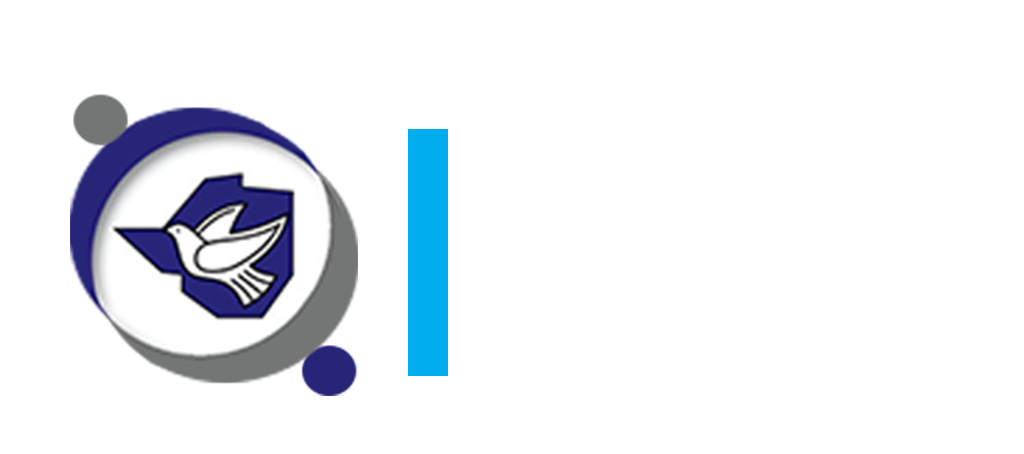Campaigns
Dialogue Diaries
The Resist, Reject, Report Violence Campaign
As citizens, we have the power to make things right!
Zimbabwe is at a time where one ought to look out for the other as violations of human rights continue, and affect mostly the ordinary citizens.
Yes, you and I are the 99.5 percent that have been victims of human rights violations this July.
It is in light of this that ZPP launched a Resist, Reject and Report Violence Campaign, #RRRV2023, to document and expose perpetrators of politically motivated violence as well as to create an active citizenry that resists, rejects and reports violence.
As part of its mandate of monitoring, documentation and peacebuilding, ZPP aims to contribute to a peaceful electoral process where citizens are empowered to reject politicians who incite them to engage in politically motivated violence.
Issue 1 – A call to National Dialogue: Is Zimbabwe ready?
Zimbabwe has gone through phases of violent conflict since independence some of which have been subdued by dialogue leading to agreement, cases in point being the Unity Accord of 1987 and the Global Political Agreement of 2008 to name but a few. At their peak the periods of violent conflict have unfortunately divided communities along political, geographic and ethnic lines. The Unity Accord of 1987 brought the Zimbabwe African National Union Patriotic Front (Zanu PF) and Zimbabwe African People’s Union (ZAPU) to dialogue following the massacres in the Matabeleland and Midlands provinces where an estimated 20,000 people were killed with thousands others maimed among a myriad of abuses. In 2008 there was dialogue between the Movement for Democratic Change led by the late Morgan Tsvangirai (MDC-T), the Movement for Democratic Change (MDC) led by Professor Arthur Mutambara and Zanu PF after a disputed election that resulted in hundreds being killed and others injured and/or displaced.
Despite dialogues taking place after some of these violent epochs, Zimbabweans are still haunted by violence and a host of other political, social and economic challenges making it impossible for communities and the nation to forge ahead. While the previous dialogues have managed to keep violent conflict at bay for periods not exceeding 10 years; after the Unity Accord signed at the end of 1987 at the stroke of a decade violence was to break out with the food riots of 1998, in another decade in 2008 unprecedented violence broke out not forgetting Operation Murambatsvina in 2005, and in 2018 seven citizens are killed on the streets of Harare on August 1 when the military used live ammunition to control protesters.
A Commission of Inquiry into the August 1 violence led by former South African Head of State Kgalema Motlanthe presented its findings in December 2018. Regrettably, before the ink on the report has dried Zimbabwe is up in smoke again. At least 12 citizens are killed as security forces use live ammunition again to control citizens protesting escalating prices. The protesters left a trail of destruction as they looted and destroyed property at the same time violating the rights of other citizens who did not want to participate in the shutdown. The killing of citizens whose cases make horrendous reading happened in brazen disregard of the findings and recommendations of the Motlanthe Report.



